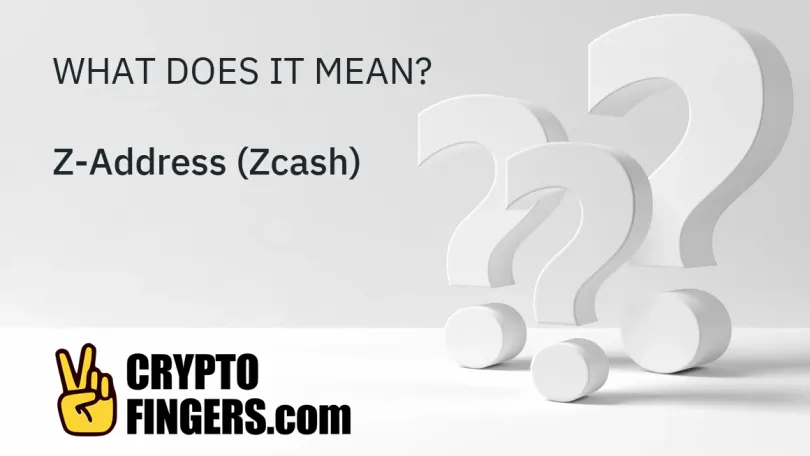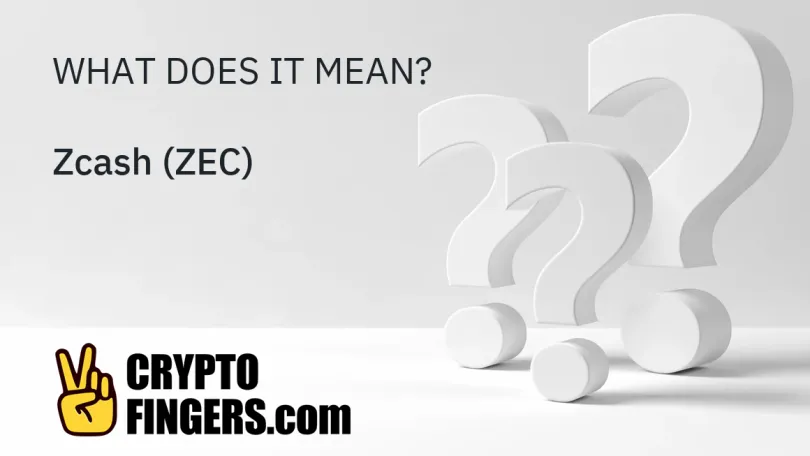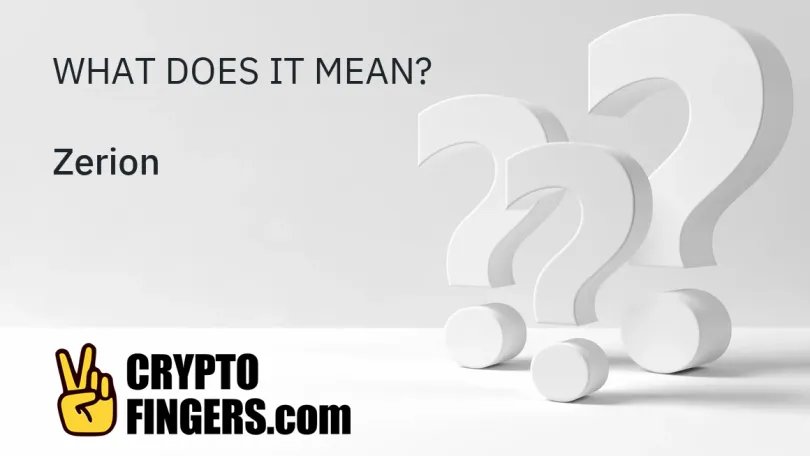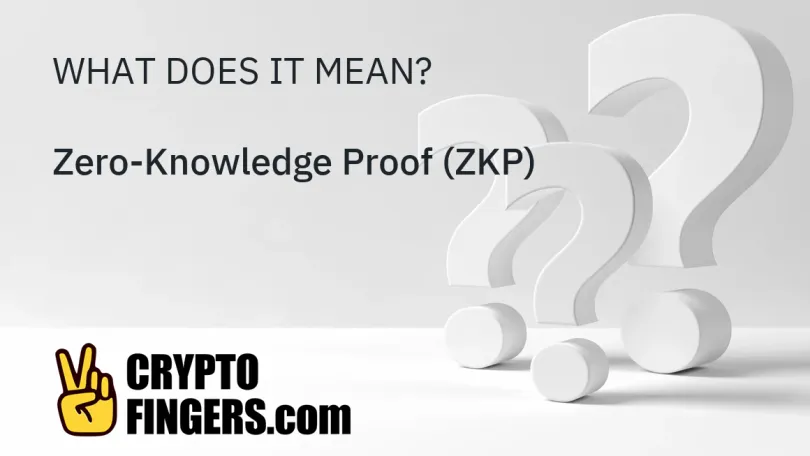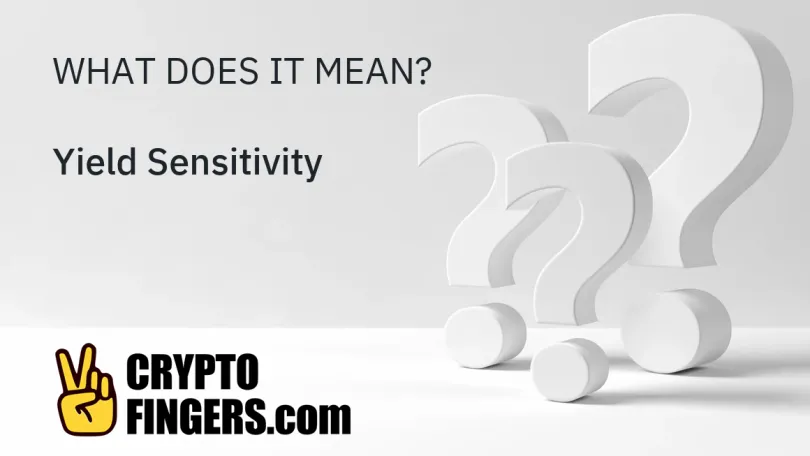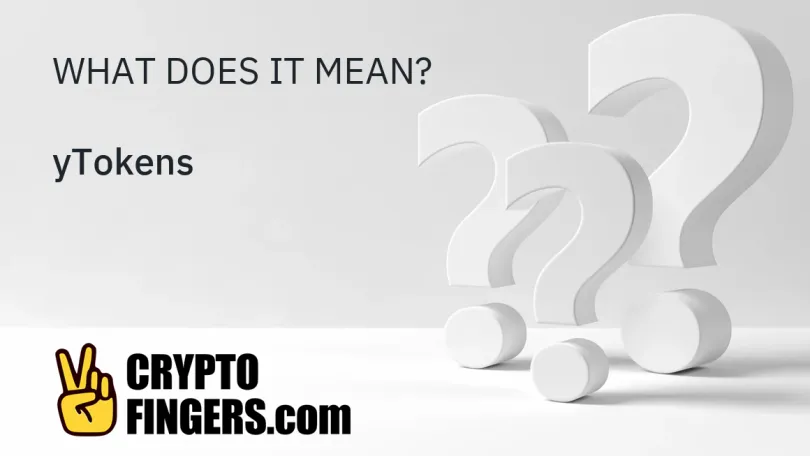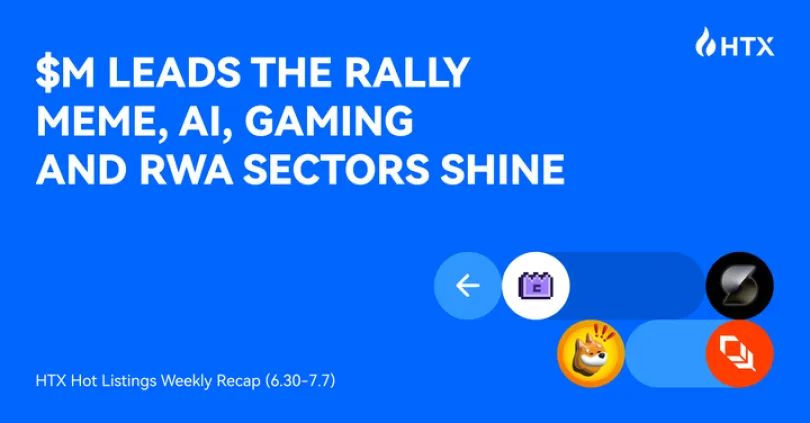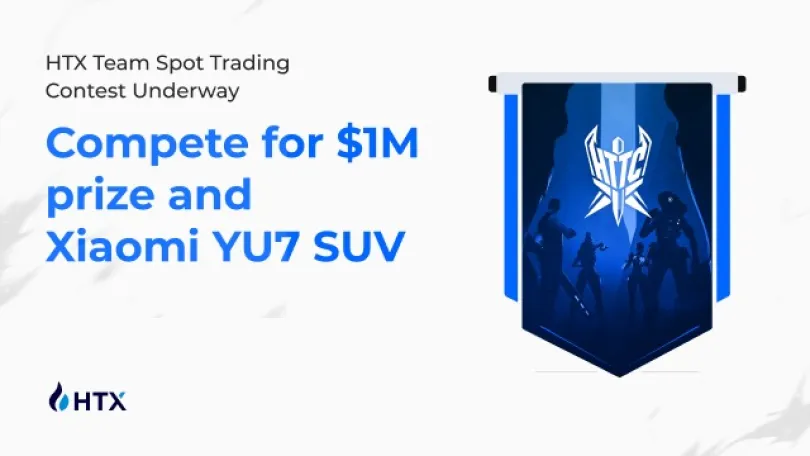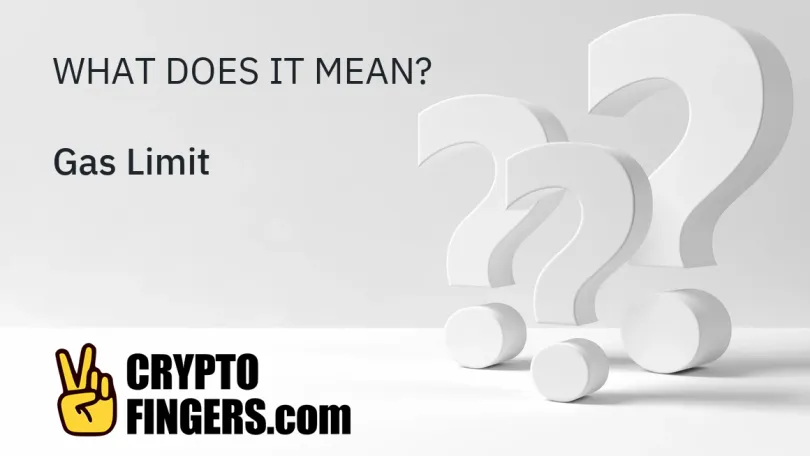
Ethereum charges a fee, called gas, for the computational exertion needed to send a transaction on the network — and the gas limit is the highest fee that the Ethereum network can charge a user. The gas limit depends on the complexity of the transaction, the chosen sending speed, and the current level of network congestion at the time the transaction is initialized. Because the Ethereum network is so large, thousands of transactions can be queued and awaiting confirmation, which results in network validators prioritizing transactions for users that pay more in gas fees.















